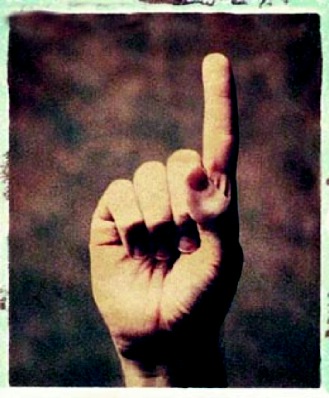McLaren on being criticized
Hmmm...apparantly I've been thinking about friendship lately. That was a big part of the teaching on Sunday. It seems to be a subject that comes up time and again in much of my reading. And the challenge of having "real friends" is something with which many pastors struggle.
So here are some more thoughts on the issue from an interview with Brian McLaren. He is an author and leader within emergent Christianity, and I don't always agree with him on every point (which I guess is true with everyone, when you think about it). But he said some things that hit close to home:
 Brian, how do you handle criticism? Did your years as a pastor prepare you for what you're now experiencing (as a speaker and author)?
Brian, how do you handle criticism? Did your years as a pastor prepare you for what you're now experiencing (as a speaker and author)?As you know, I have people writing books and saying very critical things about me, but in some ways it’s no harder then being a pastor was. In fact, it might even be easier. Many pastors know what it’s like to have people they’ve cared for—people they’ve married, and baptized, and counseled—come up and say, “You’re not meeting our needs anymore, and we’re leaving.” It’s wounding. It’s very, very hard.
When we hear criticism, it can echo in our minds for days. On one hand, we can’t stop beating ourselves up and second-guessing. On the other, we're tempted to get revenge. We torture ourselves. What I found I need to do is retrain my instinct to defend myself. Of course that is what Jesus was talking about when he says to turn the other cheek.
The second thing I’ve learned is to process the criticism with God. The prayer by the Serbian bishop (he's referring to Nikolai Velimirovic) has helped me do this. The bishop was taken to a concentration camp for speaking out against the Nazis. His own people betrayed him. But in his prayer he asks the Lord to bless his enemies, and he recognized how they actually help him. That has been incredibly helpful for me.
How do you think your critics have helped you?
We all want people to think we’re better than we actually are. I want people to think I’m more holy than I actually am, more knowledgeable than I actually am. Well, a critic comes along, and they don’t give me a chance to inflate my image. And in that way, if I can learn to live with a lower image through criticism, then maybe I won’t be so prone to inflate my image in other circumstances. Critics teach us humility.
If we should thank God for our enemies, what about our friends? How do they help us grow?
I think we all need non-utilitarian friendships. In ministry it’s easy for us to use people—to see them as a way of advancing our ministry or our agenda. And there are many ways people want to use us. A non-utilitarian friendship is where we build a relationship because I like the person and I’m not trying to use them for my success, and they’re not trying to use me.


<< Home